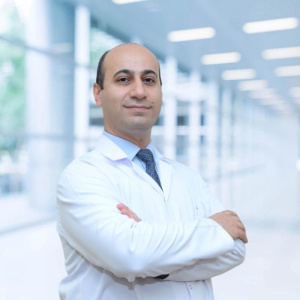Do you suffer from persistent shoulder pain and a significant loss of mobility? Has this condition had a major impact on your quality of life?
When conservative treatments fail to provide the expected relief, shoulder replacement surgery (arthroplasty) may be an effective solution. This surgical procedure is increasingly chosen by patients experiencing chronic pain and severe limitations in shoulder movement.
Today, Turkey stands out as a leading destination for shoulder prosthesis surgery, combining highly skilled orthopedic surgeons, state-of-the-art medical technology, and affordable treatment costs, without compromising on quality or safety.
Risks and Side Effects
- Dislocation of the shoulder
- Infection
- Fractures
- Pains
Turkey shoulder replacement cost – Full package details
The cost of shoulder replacement surgery in Turkey can vary depending on factors such as the type of prosthesis and the complexity of the procedure. An all-inclusive package, covering the prosthetic implant, surgeon's fees, hospitalization, and post-operative care, typically ranges from $4,000 to $12,000 USD.
The all-inclusive package offered by Turquie Santé generally includes:
- Hospitalization fees (3–5 nights).
- Surgeon and medical team fees.
- Cost of the prosthesis (high-quality implants from internationally recognized brands).
- Post-operative follow-up care.
- Medical interpretation, if needed.
- Airport-clinic transfers.
Don't wait any longer to restore a pain-free, fully functional shoulder. Contact the medical advisors at Turquie Santé today to receive a personalized quote and schedule a consultation with one of our specialized orthopedic surgeons.












